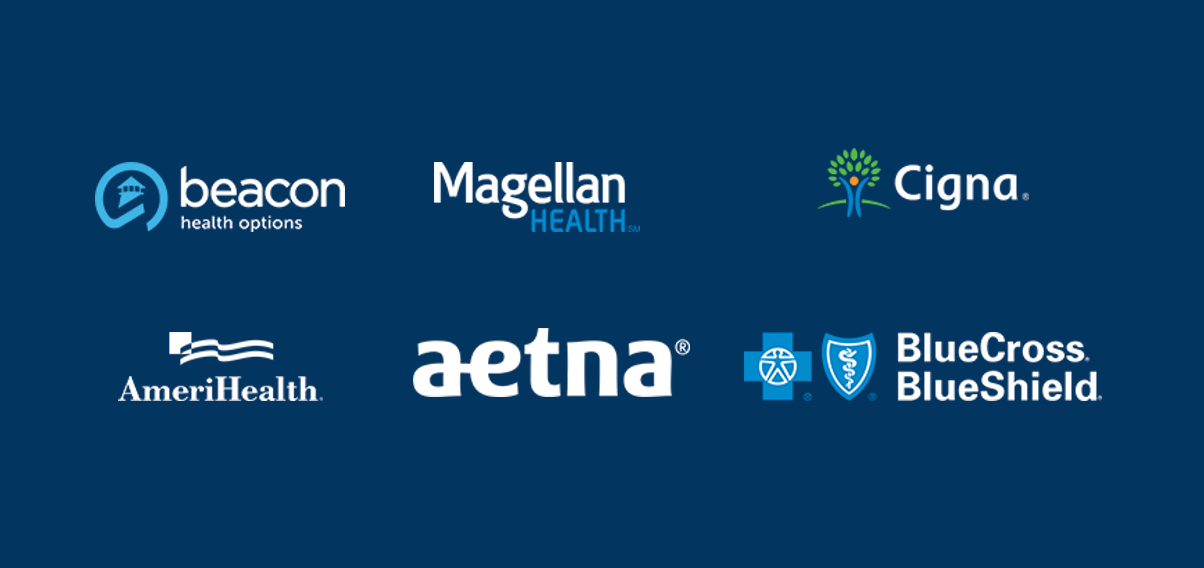Mental health care varies in complexity and setting. Inpatient and residential programs are intensive, with patients residing at the treatment facility. Conversely, outpatient mental health clinics offer flexibility and convenience. Keep reading for the essential information about outpatient mental health treatment options in Florida.

Outpatient Mental Health Treatment Center in Florida
What Is an Outpatient Program?
An outpatient program is a form of healthcare where patients receive treatment without residing in a medical facility. Instead, they visit clinics, hospitals, or outpatient counseling centers at scheduled times, allowing them to uphold daily routines and responsibilities while receiving necessary care for their condition. This approach is often used for various mental health treatments.
Outpatient mental health services offer therapeutic treatment without requiring residential care. Patients attend scheduled appointments with mental health professionals, such as therapists, psychiatrists, or counselors, while continuing to live at home. These programs may include individual therapy, group therapy, medication management, and psychoeducation. Outpatient care suits those with less severe mental health issues or those transitioning from inpatient or residential treatment. If you are looking for “outpatient therapy near me”, Contact us today at 877-958-9212. Your journey towards healing could begin with just one phone call.

Taking the initial step towards recovery can be daunting, but it’s also incredibly empowering. By filling out our outpatient admissions form, you’re making a pivotal move towards a future where mental health is in your control. Our expert team is ready to provide personalized care and guidance throughout this journey.
Our enrollment process ensures you feel understood and supported from the get-go. So, why wait? Start your journey today. Fill out the form and embrace the transformative power of expert care and treatment.
"*" indicates required fields

What Is Treated in a Mental Health Outpatient Program
A mental health outpatient program is a crucial lifeline for individuals with a broad spectrum of psychological and emotional challenges. In these programs, various mental health conditions and issues are effectively addressed, ranging from common mood disorders like depression and anxiety to more complex conditions like schizophrenia or bipolar disorder.
Through a combination of therapeutic interventions, counseling, and psychiatric medication management, these programs aim to provide comprehensive support and treatment, allowing patients to navigate the complexities of their mental health while maintaining their daily lives outside a residential setting. Below, we’ll explore a few of the mental health disorders commonly treated within an outpatient setting, highlighting the primary services and therapies they offer.
Types of Treatments for Mental Health Disorders
Outpatient treatment can be used to treat many types of mental health problems. Read below to see what treatment options are available.

Do Outpatient Centers Offer Dual Diagnosis Treatment?
Yes, many outpatient centers offer dual diagnosis treatment designed to address the complex needs of those dealing with a substance use issue and a co-occurring mental health disorder. These programs provide integrated treatment, combining outpatient addiction counseling and mental health services.
These integrated mental health services may include therapy, counseling, medication management, and support to address addiction and mental health issues simultaneously. Outpatient treatment for co-occurring disorders helps individuals achieve recovery and stability while allowing them to maintain their daily routines and responsibilities.
Types of Dual-Diagnosis Conditions Treated
Below, we’ll explore some of the core components of the commonly treated coexisting conditions and how mental and behavioral health outpatient services for dual diagnosis are a vital resource. The goal is to provide integrated and holistic care to help individuals achieve recovery, sobriety, and improved mental well-being while allowing them to maintain their daily lives outside a residential facility.

Does Insurance Cover Mental Health Outpatient Programs Near Me?
Many insurance plans do cover outpatient mental health programs. The extent of coverage can vary depending on the insurance provider and other factors. The Mental Health Parity and Addiction Equity Act (MHPAEA)¹ in the United States requires insurance plans to offer comparable coverage for mental health and substance use disorder services as they do for medical and surgical services.
It’s essential to verify with your insurance provider to fully understand your coverage details, such as co-pays, deductibles, and any restrictions. Outpatient programs may accept Medicaid or offer sliding-scale fees based on income for individuals without insurance. You should contact the outpatient program and your insurance provider to learn more about how to pay for outpatient mental health services. You can also call 877-958-9212 to verify your rehab insurance coverage with us.

How to Find Outpatient Mental Health Services Near Me in Florida
The Sylvia Brafman Mental Health Center, accredited and nestled in the beautiful Sunshine State of Florida, is renowned for its commitment to providing evidence-based outpatient care. Our mental health outpatient programs are a critical part of the full continuum of care. If you are looking for “Outpatient mental health treatment in Fort Lauderdale” or “Outpatient programs in West Palm Beach”, reach out to us today! To schedule your free assessment, call 877-958-9212 or visit our physical location listed below:
- The Sylvia Brafman Mental Health Center: 7710 NW 71st Ct, Tamarac, FL 33321, United States

What Is the Mental Health Outpatient Program Admissions Process?
The mental health outpatient program admissions process is a structured journey to ensure you or your loved one receives appropriate care tailored to your unique needs. While the process may differ from one program to the next, it typically consists of several key steps, each aimed at creating a comprehensive and effective treatment plan:

Other Types of Mental Health Treatment Programs
At The Sylvia Brafman Mental Health Center, we provide a range of treatment options and programs to support psychological health. Our mental health programs use diverse therapeutic approaches to address your needs, prioritizing comprehensive care. Our experienced medical and clinical professional team has helped thousands of individuals overcome their struggles. Call 877-958-9212 to learn more about our programs and services.
Below are some of the programs we offer:
- Partial Hospitalization Programs (PHPs)
- Intensive Outpatient Programs (IOPs)
- Outpatient Programs
- Family Therapy Outpatient Programs
- Career Launch

Mental Health Outpatient at SBMHC
The crux of our outpatient program is that recovery from mental illness is meant to help people jump back into life as well-adjusted individuals. Therefore, the primary focus for patients during our outpatient program is on integrating new tools and ways of thinking into their everyday lives. Outpatient is a critically important part of the treatment process because it gives patients a “soft opening” as they re-engage with daily responsibilities and the demands they bring.
Because they are still receiving treatment, patients can bring real-world challenges into the clinical environment to process. They can discuss them with their peers and therapists and find solutions and lessons in the experience. Outpatient treatment reinforces the idea of compatibility between recovery principles and healthy living with the challenges and stressors of living in the real world.
Family healing is also further facilitated during outpatient treatment as family members are invited to participate in our weekly Family Night. All these elements work in concert to help ensure that patients’ progress and growth can continue unhindered long after they complete the program. You might think of outpatient treatment as putting the finishing touches on the treatment process, and the time when patients “road test” their recovery.



